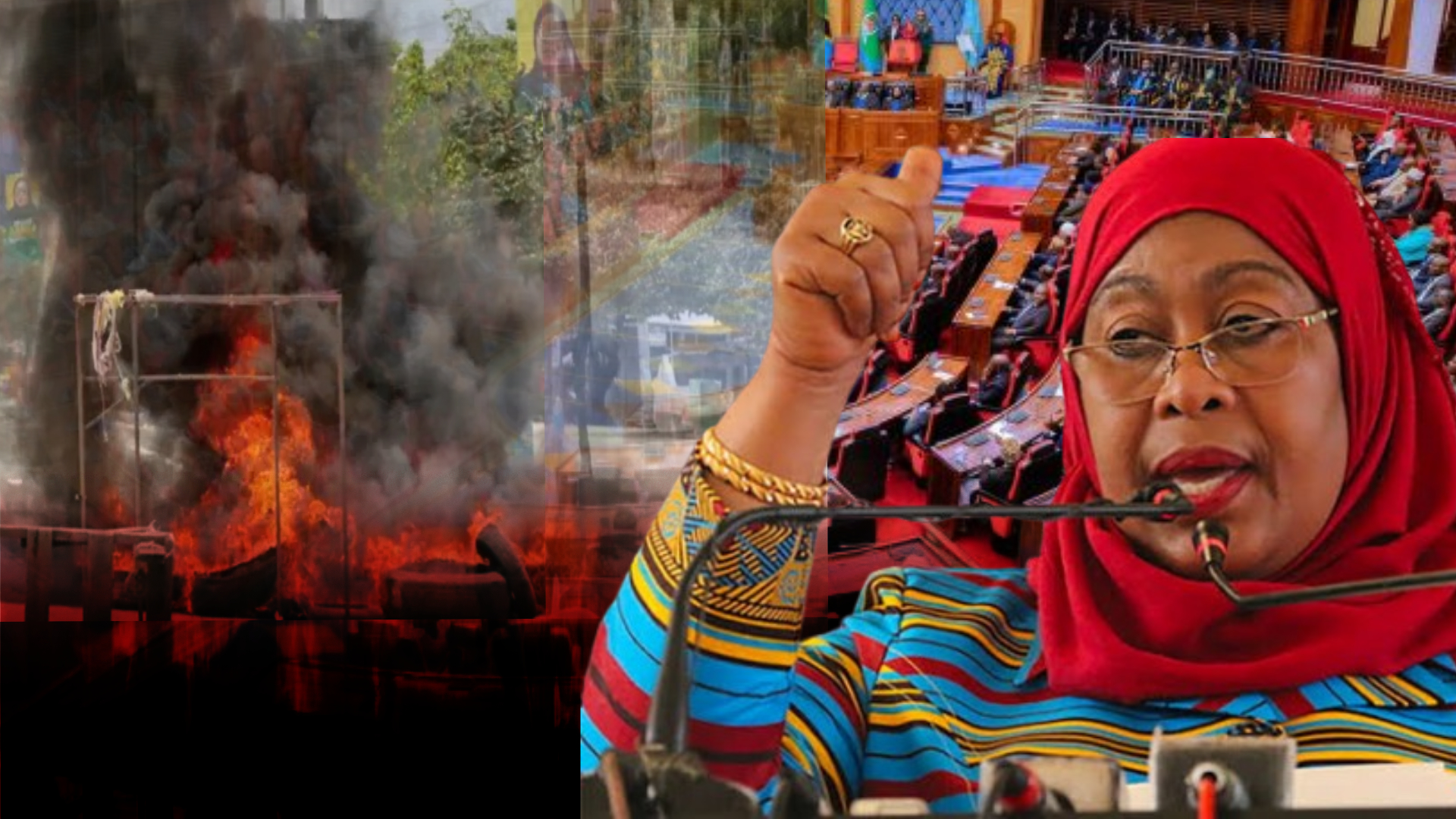Tanzania’s 13th Parliament is set to officially commence on November 11, 2025, following a presidential announcement published in the Government Gazette on November 4. The session marks the formal start of parliamentary proceedings after the recent general elections and appointment of Members of Parliament.

One of the key items on the agenda will be the election of a new Speaker, a process expected to draw significant political attention. The announcement underscores the importance of adhering to constitutional procedures in selecting parliamentary leadership.
However, the opening of Parliament comes amid intense national unrest and international condemnation following the disputed October 29 elections. Over 700 people have reportedly died in post-election protests, according to opposition sources, with security forces accused of using live ammunition against demonstrators. The protests, which began in Dar es Salaam and spread to other regions, were triggered by allegations of electoral fraud and the barring of key opposition figures from the presidential race.
The Tanganyika Law Society (TLS) has called for renewed respect for the rule of law and constitutional governance, warning against the erosion of democratic institutions. It has also urged Tanzanians to report human rights violations or seek legal assistance through the organization, amid reports of killings and abuses following the October 29 elections. TLS says it stands ready to support affected individuals and pursue justice.
Amnesty International strongly condemned the Tanzanian government’s handling of the 2025 post-election protests, describing the situation as a grave human rights crisis. In a statement released following the unrest, the organization reported receiving credible accounts that up to 100 people were killed within just three days of demonstrations. Local partners on the ground described seeing bodies lying in the streets, painting a harrowing picture of the scale of violence. Amnesty accused Tanzanian security forces of using excessive force, including live ammunition, to disperse crowds, and documented cases of arbitrary arrests targeting peaceful demonstrators and opposition supporters.
Tanzania’s main opposition party, Chadema, also publicly rejected the election results, alleging widespread fraud and state-sponsored violence. In a series of statements, party leaders claimed that thousands of citizens may have been killed during nationwide protests that erupted in response to the disputed vote. Chadema officials accused security forces of using live ammunition against unarmed demonstrators and detaining hundreds of opposition supporters. The party has called for an independent investigation into the killings and demanded international pressure on the government to uphold democratic norms and human rights.
International pressure is mounting. The European Union has slammed the election process, calling it “neither free nor fair,” while the U.S. Senate has urged a review of diplomatic ties with Tanzania, citing concerns over human rights violations and democratic backsliding.
President Samia Suluhu Hassan was declared the winner of Tanzania’s 2025 general election in a tightly controlled announcement followed by a swearing-in ceremony held under heavy military presence. The event, conducted in Dodoma, was closed to the general public, with access restricted to select government officials and ruling party supporters. Eyewitnesses and opposition groups reported that ordinary citizens were barred from attending, and roads leading to the venue were sealed off by armed forces. The move has drawn criticism from civil society and international observers, who say it reflects growing authoritarianism and deepening public mistrust in the electoral process.
As the new legislative term begins, Parliament is expected to serve as a central platform for debating and passing national policies, laws, and decisions. Yet, observers warn that the credibility of the institution, and its ability to restore public trust, will depend on how it addresses the current crisis.
The Speaker’s election is seen as a litmus test for transparency, accountability, and constitutional integrity in a political landscape dominated by the ruling party.





